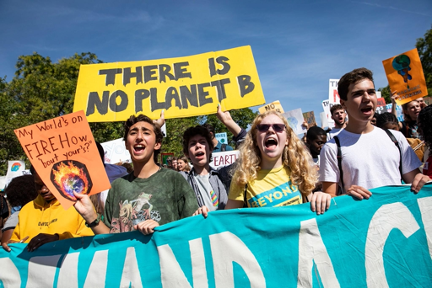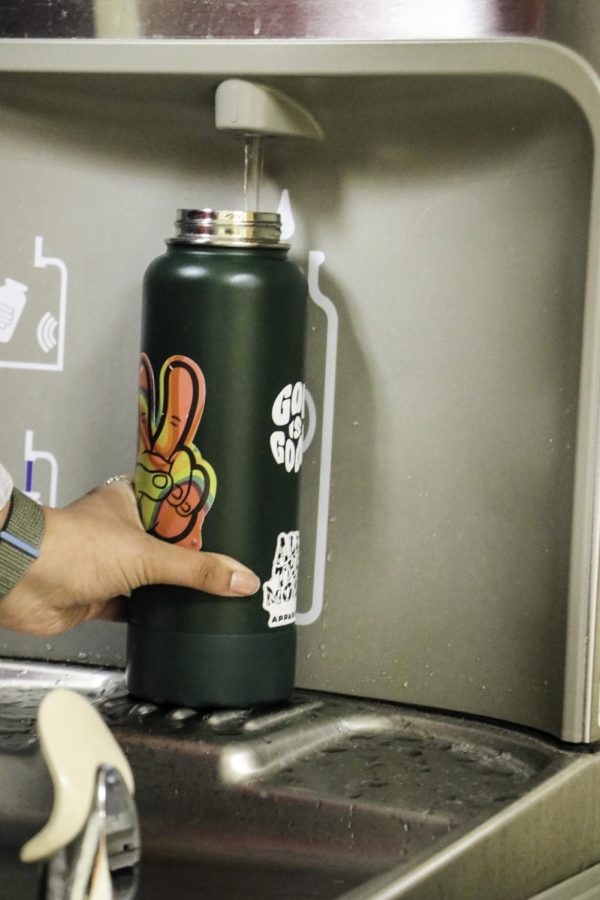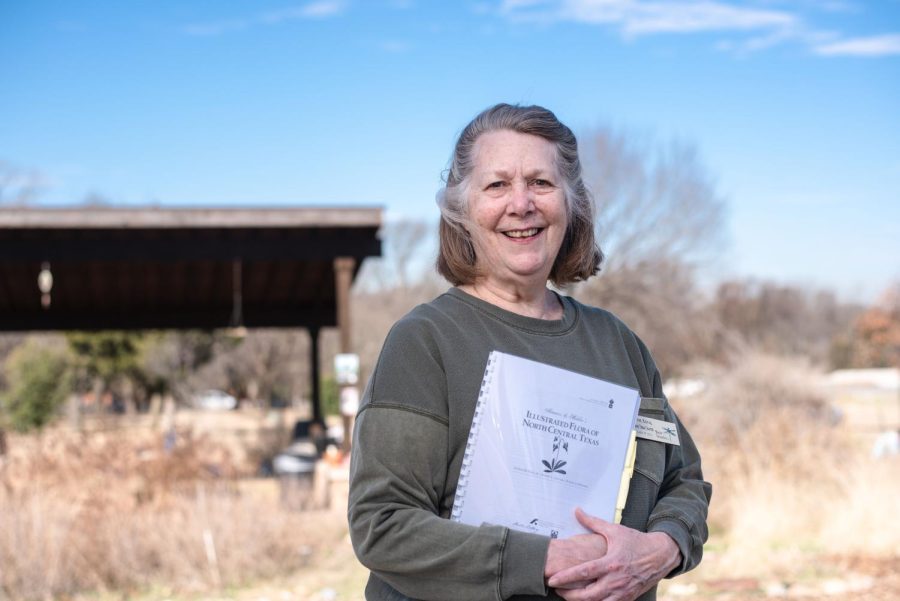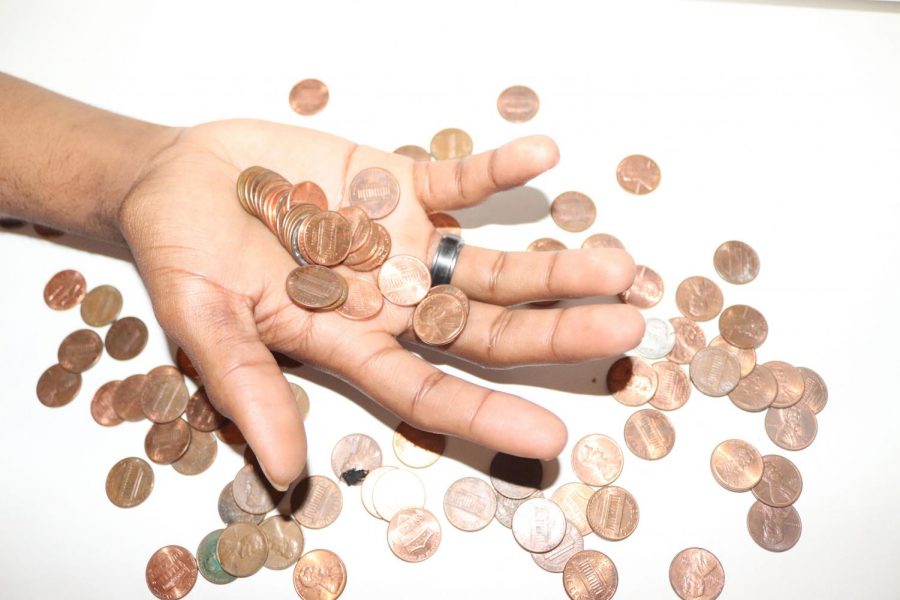By Shiva Massali
Contributing Writer
In 2012, Toms, a company that claims it pursues and advocates for sustainability, was criticized for not living up to its own claims of sustainability in its manufacturing process.
Carrie Schweitzer, Brookhaven College director of sustainability, said, “[Students and consumers] need to look behind the magic curtain, because there is a lot of greenwashing.”
Greenwashing occurs when companies try to appeal to consumers by claiming their services, goods and practices are environmentally friendly, according to techtarget.com, a site that offers data-driven marketing services to business-to-business technology vendors.
Schweitzer said she believes the power rests in the hands of the public. They are what will turn the tide and direct companies’ pursuits toward an environmentally sustainable future, she said.
A year after Toms was hit by the critics, CEO, Blake Mycoskie, announced the company would begin manufacturing in Haiti, according to Tiny Spark, an independent news source reporting on philanthropy, nonprofits and international aid. In addition, Mycoskie said the company would employ 100 locals and have plans to build a sustainable Haitian shoe industry, according to Tiny Spark.
In the book, “Where am I Wearing? A Global Tour to the Countries, Factories, and People that Make Our Clothes,” Kelsey Timmerman, a journalist, wrote, “Yes, someone giving you a pair of shoes would sure be nice if you didn’t have a pair. But a job that allows parents to send their kids to school could change your family tree forever.”
“[Amazon’s] human rights record is harder to discern. Unlike many companies that rely on global supply chains, Amazon does not disclose its overseas suppliers or publish the results of factory audits. Domestically, it is reputed to be a brutal place to work,” according to The Guardian.
Lois Wagenseil, Brookhaven librarian, said, “I personally avoid purchasing items from the huge conglomerate manufacturers and overseas companies, as much as possible. I prefer to purchase from smaller companies and locally when possible.”
Genet Kidane, a student, said: “It absolutely is important to me that [companies] do what they can to help the environment. Unfortunately, as someone who has worked behind the counter, I know exactly how much waste is produced on a daily basis. I don’t think companies are truly doing all that they can to contribute to keeping our environment clean, but just enough to keep the public happy.”
Designer Holly McQuillan wrote for EcoSalon, a fashion website, “Zero Waste Pattern Design seems at first glance to deal unashamedly with only the front end of the fashion cycle, with the theory going that if the designer agonizes over eliminating waste then consumers only need to worry about what to do with the garments when they don’t want them anymore.”
However, it takes more than asking, “Have I used all of that piece of cloth?” she said. This would potentially result in garments that no one would want to purchase, she said.
“With every action, there is an effect,” Schweitzer said. “What do you think it’s doing to the quality of the air to have all those Amazon trucks driving around in your neighborhood, and who do you think is working in those fulfillment centers? How much money are they making? And artificial intelligence is taking those jobs away. With every action, there is an effect. And we have to say, ‘Is this acceptable?’”






